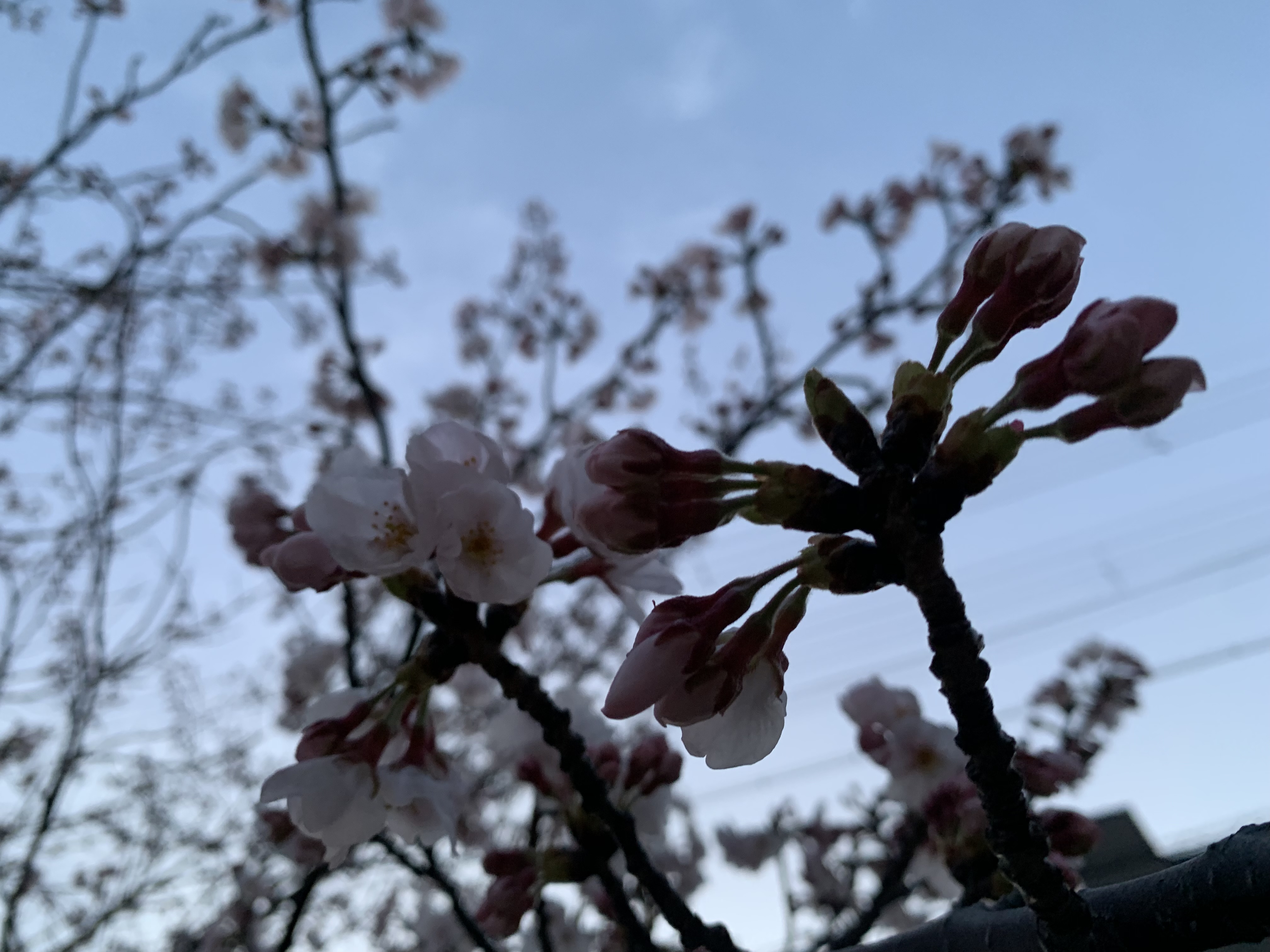
Chardonnay Needler
on translating Liu Guo-Fang (刘国芳)
I translate somewhat loosely. Tone is more important than exact meaning for me, and when translating much of the dialogue, I ad-libbed quite a bit to make the conversation sound more natural. Some terms were simplified or formalized depending on flow.
Other terms were also liberally translated to try to contextualize post-revolutionary China with a modern audience. For instance, Jeeps were a cultural symbol of the time period, with much propaganda featuring Mao and other government officials popularizing the invention nation-wide. It is difficult to relate the novelty of items like tailored suit ensembles, Jeeps, and personal vehicles to modern-day status symbols, so instead of using the actual translation of 轿车 (“car”), I decided to choose a different word that would get the concept of opulence and societal importance to readers in a modern context: a limo.
What's beautiful about this piece is that it is so simple but pulls on centuries of philosophy that permeate even the title. There were many references to Buddhist and Daoist thought throughout that helped cement the greater meaning of simplistic purpose against extravagant meaninglessness, but some of these may seem obscure to the average reader. The immortal in Daoist thought has many connotations, few of which sync up one-to-one with Greek and Judeo-Christian philosophy. “Immortal” (仙), seen in reference to the wife being “the same as the immortals from Daoist mythology” and Genzai becoming “the spitting image of the immortal and the Daoist” doesn't and shouldn't mean one who will never die, but rather one who has attained a heightened place of spiritual and philosophical transcendence and therefore has attained a higher status even in this life.
Buddhist and Daoist permeates the simple piece. The very title —“淡泊”— is a reference to the phrases 淡泊名利 and 淡泊明志, 宁静致远. Both of these phrases have been used since the Three Kingdoms era to refer to a cessation of personal want — through either “name” (名), “money” (利), or even notoriety — for the tradeoff of peace and ultimate success.
about the author
Liu Guo-Fang (b.1957), like Genzai, isn’t a man who chases after fortune. That being said, he is sometimes called “The Father of Chinese Short Stories.” A decorated and respected short story author and novelist, he was born in Jiangxi province’s Linchuan district. A recipient of the 2003 Golden Sparrow Award, Liu’s pieces frequently juxtapose ambition and anxiety, modernity and missteps.
Having gotten his start publishing for publications such as China Writer and People’s Daily, Liu has since published over four million words (or well over hundred stories) in print. His pieces, including “All That Glitters,” pose a frightening question to cosmopolitan readers: Is the grass really greener on the other side?
about the translator
Chardonnay Needler is a senior at the University of Pennsylvania studying Philosophy, Politics and Economics and minoring in International Development. Originally having come to Penn to study linguistics in the footsteps of the great Penn alum Noam Chomsky, she has since grown fonder of untranslatable (and ungrammatical) pragmatic aspects of language, including its place in society and music. She is slowly but surely learning German and is excited to continue learning, translating, and erring even after graduating. She’s also a member of PennYo A Cappella and the Penn Chamber Music Ensemble (in which she plays cello), as well as a Turner ESG Fellow.

